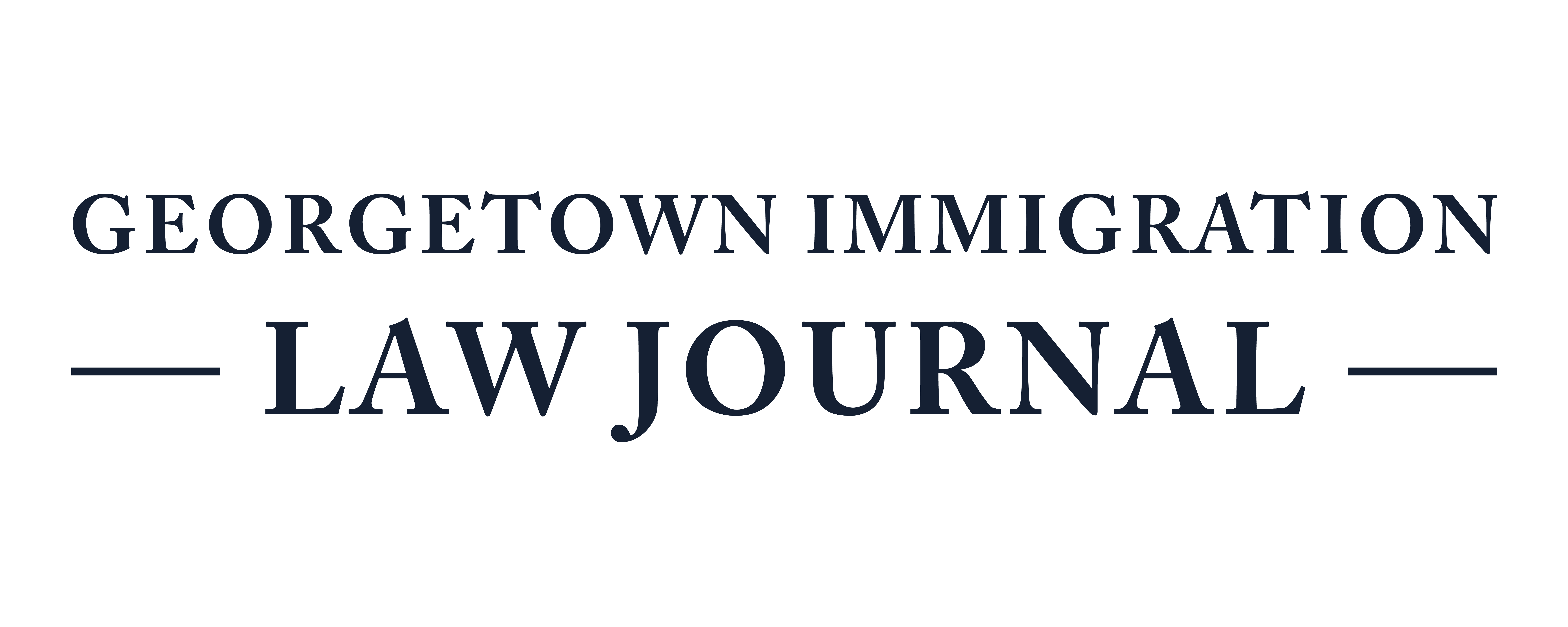Framing and Contesting Unauthorized Work
Unauthorized workers face precarity in the workplace and the threat of forced expulsion from their communities. Some of the reasons for that precarity result from how the law frames unauthorized workers. The law views unauthorized workers as lacking full human or civil rights, as “unauthorized,” to the exclusion of their other identities. The legal system also creates a binary that views unauthorized workers as either criminals who are complicit in their exploitation or passive victims for employers to exploit. This Article draws on social movement literature to theorize the processes that result in this framing and to explore how immigrant social movements have contested that framing. That contestation has led to less precarity and greater social membership for unauthorized workers.
First, this Article demonstrates that the law relies on a moral deservedness frame that has contributed to unauthorized work’s precarity and made unauthorized workers’ social membership more tenuous. Second, the Article argues that by contesting the law’s moral deservedness frame, movement actors have decreased workplace precarity and increased social membership. They have called on frames that center on workers’ human and civil rights, and their identities as family members and workers. Movement actors have worked around and through the law to empower unauthorized workers to engage in claims-making and organize worker co-operatives that provide workplace protections. They also have engaged in direct action and acts of civil disobedience that have led to greater mobilization and participation in the movement. Finally, immigrant rights organizations have changed the law by lobbying for policy changes and changes to state laws that benefit unauthorized workers. Besides reducing precarity, the contestation itself can become a source of social membership for unauthorized workers. In effect, the contestation allows unauthorized workers to exercise their political voices.
Continue reading Framing and Contesting Unauthorized Work
GT-GILJ220004 Subscribe to GILJ
